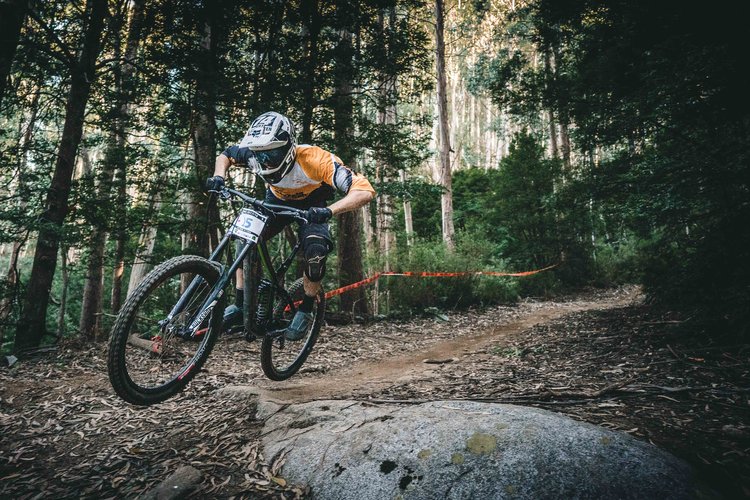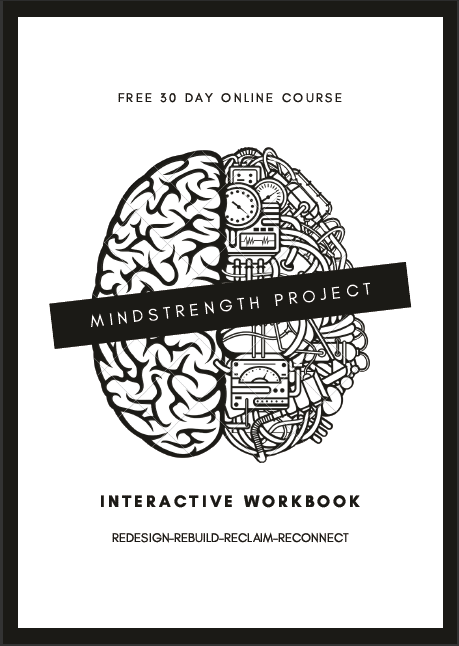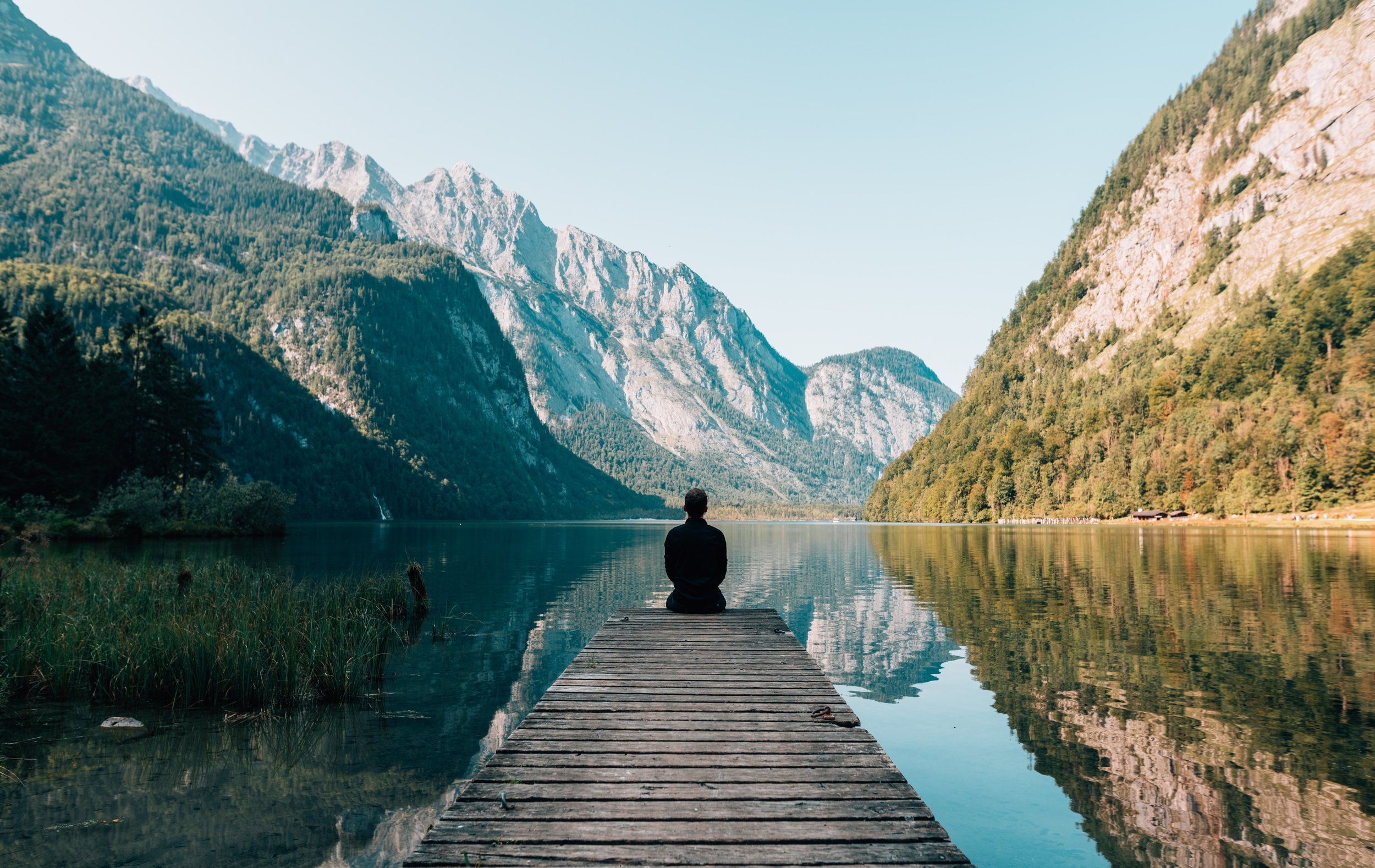Stress is not necessarily a bad thing, but ignoring stress definitely is. Stress promotes action and is an internal body symptom that can be very helpful in motivating us naturally lazy humans. For instance, if we have a deadline on Friday then stress hits on Monday to help us get our bodies in motion. However, if we ignore these symptoms through smartphones or alcohol, the symptoms will only get bigger and bigger while we pay attention. Therefore, in order to combat our small daily stressors we must learn how to develop little micro-therapies within our daily lives that bring us back to homeostasis, so our stress doesn’t accumulate and become full blown anxiety.
- FACT: If your brain is constantly experiencing chronic stress, the learning center of the brain called the hippocampus, can develop holes in it from overheating. Up to 30% of this critical brain area can disappear if you’re always feeling on edge.
- TAKEAWAY: If depressed or anxious people injure the hippocampus in their brains, then learning new coping skills becomes that much harder. This can then create a vicious cycle where anxiety and depression continue indefinitely, due to the brains inability to learn ways to counteract stressors. However, there are ways to create new brain cells in your hippocampus to replace the ones that have died out. Exercise, novel experiences, and good sleep help repair the damage done by over stressing.
Day 1 Movement Task
For todays task, the goal is practice a form of micro-therapy that works in almost any setting. The breath, for reasons that will be explained later, is the bodies best defense against stress. So that is what will be practicing today. The task is to catch yourself at some point today getting irritated or annoyed. This could be in traffic, with your partner, or during a difficult moment at work. Once you feel your body start to react to these minor stressors, just find your breath. It’s probably hidden down there somewhere, beneath all the clutter. Then steady the breathe in order too steady your mind. To fully complete the task make sure you either feel the sensation of your breath as it goes in and out or audibly listen for the sound of your deep breath. Make sure you don’t slouch on the out-breath thats the part that activates your rest and digest system.





